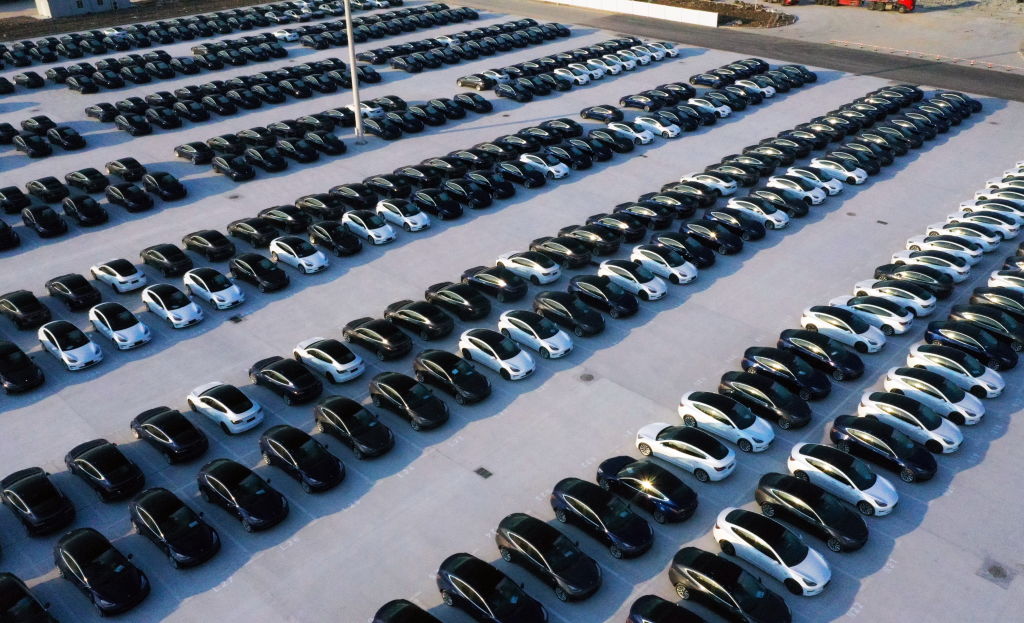
China plans to impose stricter regulations on smart car makers and the vast amount of data generated by automated driving functions, highlighting the country’s ongoing concern about data security.
The Ministry of Industry and Information Technology (MIIT) proposed a new law on Wednesday. If implemented, the proposal would force connected vehicle makers offering automated driving assistance and other autopilot capabilities to “clearly inform” about their vehicles’ functions and performance limitations. In addition, manufacturers will also be required to disclose driver responsibilities and other important data.
The proposal would also force smart carmakers to boost their vehicles’ safety measures. All autonomous vehicles will be required to detect when a driver’s hands leave the wheel and when it’s best to cede control to a human. If the car’s guidance system fails, it must be able to hand back control.
Aside from safeguarding personal data, the MIIT also emphasised that connected vehicle makers must increase cybersecurity efforts to fend off system vulnerabilities threats and standardise software upgrades.
Data security and privacy concerns have become a primary concern for Chinese lawmakers amid the ongoing trade war with the US. New laws have been drafted to ensure that personal information and other sensitive data generated in the country remains stored within its borders.
Data that needs to be exported abroad must pass a security assessment, the MIIT document said, which falls in line with previous regulations.
Tesla trouble
Another law for connected cars was proposed by the Cyberspace Administration of China (CAC), the country’s central internet regulator, in May. Its regulatory proposal would also impose stricter regulations on smart vehicle data collection.
Subsequently, US-based electric vehicle (EV) maker, Tesla, was quick to show its support on its official Weibo account, a Chinese microblogging platform. This came after the EV brand had seen its dominant position in the Chinese market decline in recent times.
Earlier this year, Chinese authorities restricted the use of Tesla cars by military personnel and the staff of certain state-owned companies, citing data privacy concerns.
In addition, the EV maker also suffered a wave of social backlash in China after a woman claimed in April that the brakes in her Tesla malfunctioned, causing the car to crash. Tesla denied the allegations and insisted that the woman was speeding.
In a separate incident, the company had to initiate a recall in mainland China over a potential safety hazard. In June, the State Administration of Market Regulation said that recall covered about 285,000 EVs to fix the cruise-control function, which could be activated accidentally and caused the cars to suddenly accelerate.
Privacy push
The push for data privacy and cybersecurity comes amid China’s ongoing tug of war with the US. In addition to keeping data onshore, the government is also pushing connected car makers to use its home-grown Beidou Global Positioning System (GPS) in an attempt to break away from the US’ GPS dominance.
China’s domestically developed Beidou Navigation Satellite System, completed in July 2020, aims to rival US GPS dominance.
China’s state media claims the system, formally initiated in 1994, is now being used by more than half of the world’s countries and that its navigation products have been exported to more than 120 nations.
However, it needs to be pointed out that China’s push towards data privacy and cybersecurity is not all that different from regulatory proposals taking place in other countries in relation to connected cars.
Europe’s General Data Protection Regulation (GDPR) and the California Consumer Privacy Act of 2018, for example, are important legal documents drafted to safeguard consumer data privacy.
Similarly, the US Senate and House of Representatives introduced the Internet of Things Cybersecurity Improvement Act in March 2019, which is aimed at mitigating cybersecurity concerns brought about by this emergent sector, according to GlobalData’s thematic analysis.
In June, US safety regulators issued an order forcing automakers and operators of vehicles equipped with advanced driver assistance or automated driving systems to immediately report crashes, allowing the industry to spot issues faster.







